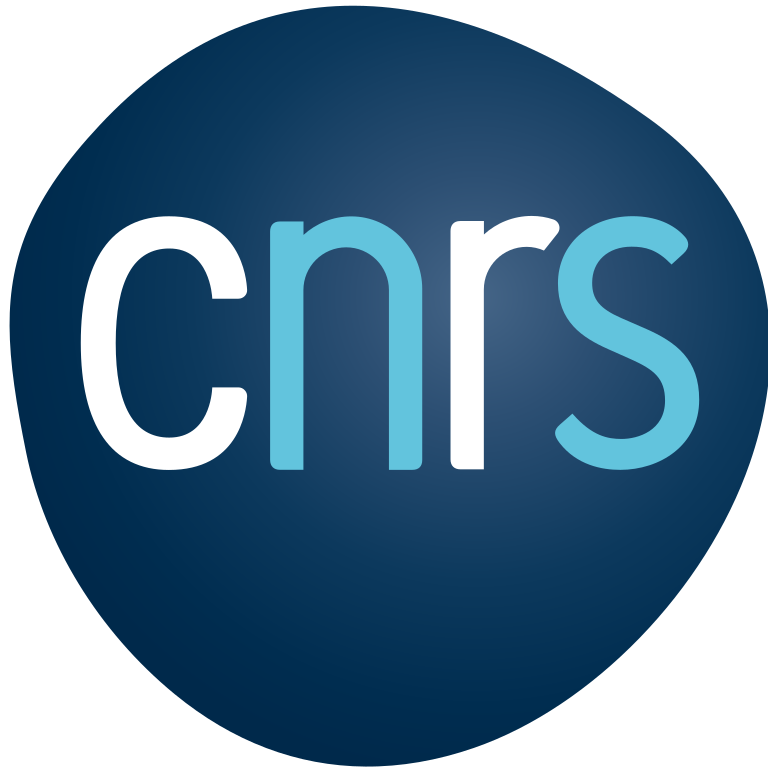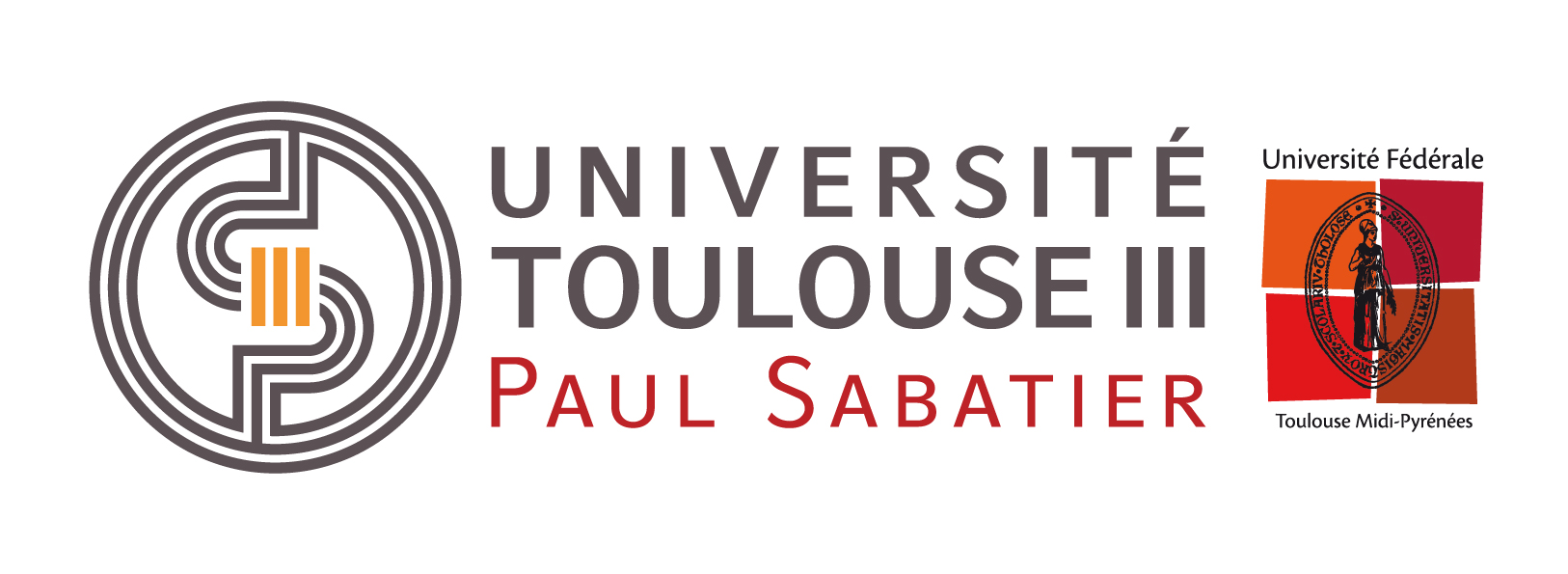Cancer: a key mechanism for improving immunotherapies identified by a Toulouse team
Cancer,
Immunology,
Immunotherapy,
Lymphocytes,
Depletion.
A team from the Centre de Recherches en Cancérologie de Toulouse, led by Dr Ludovic Martinet, has just published a study* in the scientific journal Immunity, which opens up new prospects for improving the efficacy of immunotherapy. The presence of a molecule, CD137, on the surface of killer lymphocytes infiltrating cancer could be one of the keys to increasing the number of these immune cells in cancer.
Killer T cells are the most promising immune system players in the fight against cancer. However, these T lymphocytes are often subject to exhaustion in cancer. This state of exhaustion, which follows repeated stimulation of these lymphocytes, considerably reduces their functions and prevents them from killing cancer cells. This mechanism is common to various cancers and infectious diseases, and revitalizing depleted killer lymphocytes is a major therapeutic challenge. Research is focusing on how to achieve this through new treatments, immunotherapy, based in particular on the use of monoclonal antibodies. The aim of immunotherapy is to “revitalize” patients’ depleted killer lymphocytes so that they eliminate cancer cells. Unfortunately, while immunotherapy can lead to this revitalization of depleted lymphocytes and the cure of many cancer patients, it works unevenly from patient to patient. It is therefore necessary to better understand the mechanisms by which depleted lymphocytes are stimulated in cancer.
The new study led by Inserm researcher Ludovic Martinet and his colleagues at the Toulouse Cancer Research Center, in collaboration with other teams based in France and the USA, focused on the mechanisms by which killer lymphocytes are depleted. In this work, the researchers studied the molecular characteristics of killer lymphocytes in models of cancer and chronic infection, and specifically identified the CD137 molecule on the surface of exhausted lymphocytes. Using approaches based on experimental models of mice genetically deficient for the CD137 receptor, Dr Ludovic Martinet’s research team discovered that this molecule regulates the quantity of depleted lymphocytes in cancers. The absence of CD137 led to the disappearance of killer lymphocytes in tumors and an increase in depleted cancer cells. Conversely, stimulation of the CD137 receptor by agonist antibodies favored the expansion of depleted lymphocytes within the tumor. However, stimulation of CD137 did not revitalize depleted killer lymphocytes, but by significantly increasing the number of depleted cells, this molecule was able to promote the destruction of cancer cells by immunotherapy.
In the long term, this discovery could therefore lead to the development of new treatments to enhance the effectiveness of current immunotherapies and thus cure a greater number of cancer patients. It also opens up prospects for other types of pathology, such as viral diseases, where killer lymphocytes are also known to be depleted.
Discover the published article
Immunity. 2023 Jun 27:S1074-7613(23)00264-9. doi: 10.1016/j.immuni.2023.06.007. Online ahead of print.
TCR-independent CD137 (4-1BB) signaling promotes CD8+ exhausted T cell proliferation and terminal differentiation
Andrea C Pichler, Nadège Carrié, Marine Cuisinier, Samira Ghazali, Alison Voisin, Pierre-Paul Axisa, Marie Tosolini, Céline Mazzotti,, Dominic P. Golec, Sabrina Maheo,, Laura do Souto,, Rüçhan Ekren, Eve Blanquart, Lea Lemaitre, Virginie Feliu, Marie-Véronique Joubert,, Jennifer L. Cannons, Camille Guillerey, Hervé Avet-Loiseau, Tania H. Watts, Benoit L. Salomon, Olivier Joffre, Yenkel Grinberg-Bleyer, Pamela L. Schwarzberg, Liliana E. Lucca and Ludovic Martinet.
Collaborations and acknowledgements
Toulouse Cancer Research Center (CRCT), Institut national de la santé et de la recherche médicale (INSERM), Centre national de la recherche scientifique (CNRS), Université Toulouse III-Paul Sabatier (UPS), Toulouse, France.
Cell Signaling and Immunity Section, Immune System Biology Laboratory, National Institute of Allergy and Infectious Diseases, National Institutes of Health, Bethesda, MD.
Institut Universitaire du Cancer, CHU Toulouse, Toulouse France.
Toulouse Institute for Infectious and Inflammatory Diseases (Infinity), UPS, INSERM, CNRS, Toulouse, France.
Center de Recherche en Cancérologie de Lyon, Labex DEVweCAN, INSERM, CNRS, Université Claude Bernard Lyon 1, Centre Léon Bérard, Lyon, France.
Cancer Immunotherapies Group, The University of Queensland, Queensland, Australia.
Department of Immunology, University of Toronto, Toronto, ON M5S 1A8, Canada.
Sorbonne University, INSERM, CNRS, Centre d’Immunologie et des Maladies Infectieuses, (CIMI-Paris), Paris, France.
This study was supported by Fondation ARC (PGA1-20160203788, 20180206911, 20190208630 and SIGN’IT2021), Institut National du Cancer (INCA; PLBIO R16100BB, 2017-155, R19-045, R20-229,), Agence Nationale de la Recherche
Agence Nationale de la Recherche (ANR LABEX Toucan, AAPG 2021 R22057BB TRINDI and EUR CARe N°ANR-18-EURE-0003), by Cancer Research Institute/Bristol-Myers Squibb CLIP Grant, the Toulouse Cancer Santé Foundation, the IUCT-O translational research program and the Intergroupe Francophone du Myélome (IFM). A.C.P. was supported by the Ligue contre le cancer.

Toulouse Cancer Research Center (Oncopole)
Toulouse - FR
Contact us
+33 5 82 74 15 75
Want to join
the CRCT team ?




